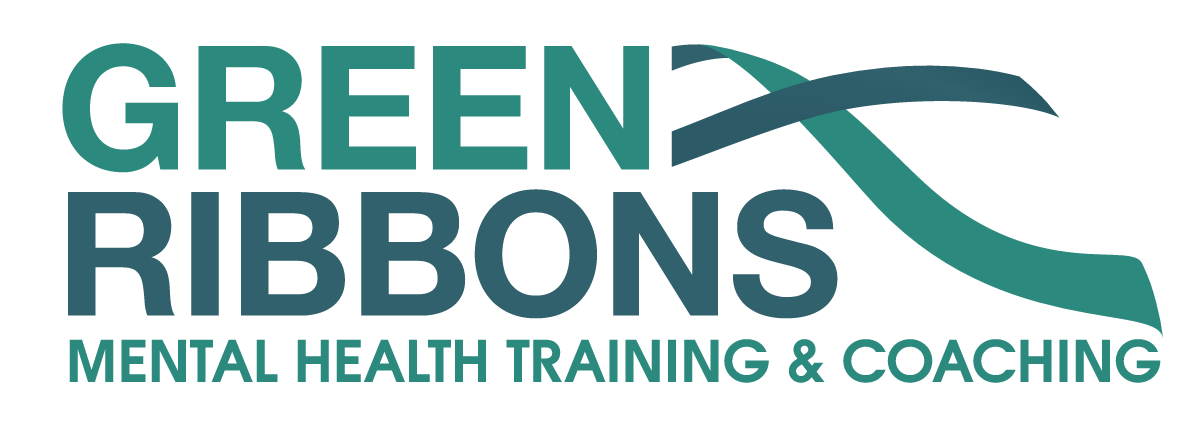Attitudes To Mental Health Issues : Training Module

In today’s fast-paced world, mental health has become an increasingly important aspect of overall well-being. Recognising this significance, the “Attitudes to Mental Health Issues” course has been developed as a stand-alone module to foster understanding, empathy, and support for individuals experiencing mental health challenges. Building upon the successful Scotland’s Mental Health First Aid (SMHFA) program, this comprehensive three hour course aims to tackle the stigma and misconceptions associated with mental health issues, paving the way for a more compassionate and inclusive society.
Designed for a diverse audience, including educators, healthcare professionals, employers, and the general public, this course focuses on equipping participants with the knowledge and tools necessary to challenge negative attitudes and create a supportive environment for those affected by mental health issues. Through engaging and interactive sessions, the “Attitudes to Mental Health Issues” course covers a range of topics, including understanding mental health conditions, debunking stereotypes, promoting empathetic communication, combating stigma, and becoming a mental health ally.
What’s on this page?
- The Problem: Common attitudes towards Mental Health issues
- Attitudes to Mental Health Issues: Why should you undertake this training?
- Three Hour Module: Attitudes to Mental Health Issues
- What does the “Attitudes to Mental Health Issues” Module Cover?
- How does the “Attitudes to Mental Health Issues” module work?
- Why train with Green Ribbons?
- Get in Touch to Find out More
- Contact Form
The Problem: Common attitudes towards Mental Health issues
Negative & damaging attitudes towards Mental Health issues are common: There's something you can do for yourself, your friends, your family and your colleagues...
Attitudes to Mental Health Issues: Why should you undertake this training?
By completing this course, participants will not only gain a deeper understanding of mental health issues but also learn how to actively contribute to creating a more inclusive and supportive environment. By fostering empathy, understanding, and open conversations, this stand-alone course is a significant step towards breaking the barriers that hinder mental health support and acceptance in our society.
The Good news: There is a training module which will enhance your understanding, and foster empathy and support for those experiencing mental health challenges
Three Hour Module: Attitudes to Mental Health Issues
Are you looking to make a meaningful impact on the lives of those affected by mental health issues? The “Attitudes to Mental Health Issues” module is the perfect opportunity for you to gain valuable insights and skills to support those experiencing mental health challenges. Designed for a diverse audience, including educators, healthcare professionals, employers, and the general public, this engaging module will empower you to challenge stigmatising attitudes, foster empathy, and create a more inclusive and compassionate environment for individuals living with mental health conditions.
By participating in the “Attitudes to Mental Health Issues” module, you will delve into six key areas crucial for understanding and supporting mental health. You will explore stereotypes and misconceptions, learn the role of language in shaping attitudes, develop empathy and understanding, assess the impact of stigma, and discover how to become a mental health ally. As you progress through this comprehensive module, you will experience personal growth and development, enhance your emotional intelligence, and acquire the tools necessary to be an active advocate for mental health awareness in your workplace, community, and social circles.
What does the “Attitudes to Mental Health Issues” Module Cover?
How does the "Attitudes to Mental Health Issues" module work?
Duration
The module takes 3 Hours, providing a focussed and comprehensive learning experience.
Small Group Sizes
Classes, of 8-16, are kept small to facilitate personalised attention, encourage active participation, and foster a supportive learning environment.
Interactive Learning
The course features a mix of presentations, group discussions, case studies, videos, and role-playing exercises to ensure a practical, hands-on learning experience.
Confidentiality
Instructors maintain a safe and confidential space for participants to share their experiences and ask questions without judgment.
Ready to find out more? Contact Us Today
Why Train with Green Ribbons?
Unraveling the Threads of Mental Well-being
Green Ribbons is dedicated to delivering high-quality Mental Health First Aid training in Scotland, empowering individuals to recognise mental health challenges, provide support, and foster a culture of empathy and understanding. By tying together knowledge, empathy, and resilience our accessible mental health training promotes understanding, reduces stigma, and enables individuals, businesses and communities to prioritise mental well-being. Everyone benefits from Mental Health Awareness Training
Our Experience
- 30 Years working within the Mental Health sector
- Experience across a range of Third-Sector Organisations
Our Specialties
- Scotland’s Mental Health First Aid (SMHFA)
- Tailored SMHFA Training
- Individual Mental Health Awareness Modules
- One-to-one Training & Coaching
Our Approach
- Empathy & compassion
- Inclusive
- Evidence-based and up-to-date
Our Areas
- Moray
- Highland
- Aberdeenshire
- Aberdeen City
- …across Scotland
07726 780800
Call
Call us for an Informal chat about Scotland’s Mental Health First Aid and Mental Health Awareness Training
- We can discuss how SMHFA can benefit your organisation and explore options
@GreenRibbonsHQ
Socials
- Facebook: @GreenRibbonsHQ
- Twitter: @GreenRibbonsHQ
- Instagram: @GreenRibbonsHQ







